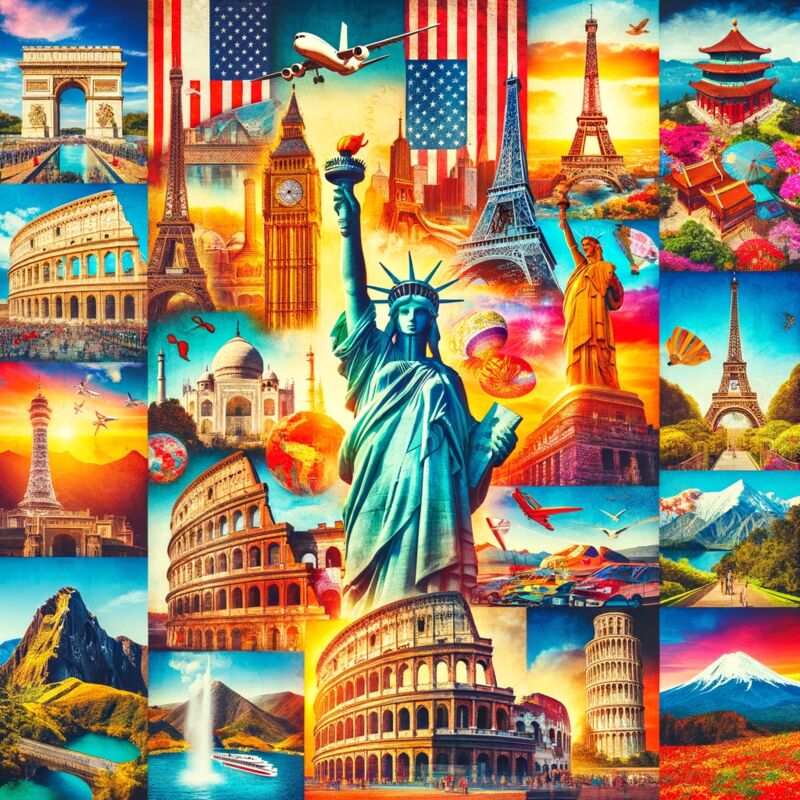Essential Travel Information: The Bahamas
Overview of The Bahamas
The Bahamas is a tropical archipelago located in the Atlantic Ocean, known for its stunning beaches, clear waters, and vibrant culture. Comprised of over 700 islands and cays, it offers a diverse array of activities and experiences for travelers seeking a paradise getaway.
Entry Requirements
Visitors to The Bahamas must comply with specific entry requirements:
- A valid passport: All visitors must possess a return ticket and a passport valid for six months beyond the date of departure from The Bahamas.
- Visa requirements: For many countries, visas are not required for stays up to three weeks. Please check with your local Bahamian consulate.
- COVID-19 regulations: Health and safety protocols may change, so keep updated by visiting the official Bahamian travel website before your trip.
Best Time to Visit
The peak tourist season in The Bahamas is between December and April, when the weather is most favorable. However, planning your visit for the off-peak season can mean fewer crowds and potentially lower prices.
Currency and Payments
The official currency of The Bahamas is the Bahamian Dollar (BSD), which is typically pegged to the US Dollar at a one-to-one rate. Most businesses also accept US Dollars.
- Credit Cards are widely accepted, though it's wise to carry some cash.
- ATMs are available, especially in larger cities and tourist centers.
- Inform your bank of your travel plans to avoid any card issues while abroad.
Language and Communication
English is the official language of The Bahamas, making it convenient for English-speaking tourists. Mobile coverage is generally good, and many hotels, cafes, and restaurants offer Wi-Fi.
Transportation
Getting around The Bahamas can be an adventure in itself. Here are the main modes of transportation:
- Flights: Inter-island flights are a quick way to travel between major islands.
- Ferries: Regular ferry services connect the more populated islands.
- Taxis and Buses: Taxis are available, but ensure the fare is agreed upon before the journey. Buses are a cheaper option in Nassau and Freeport.
- Car Rental: Available on most larger islands, but remember to drive on the left side of the road.
- Boats: Renting a boat can be an excellent way to explore, but be sure you are familiar with local maritime regulations and have navigation experience.







